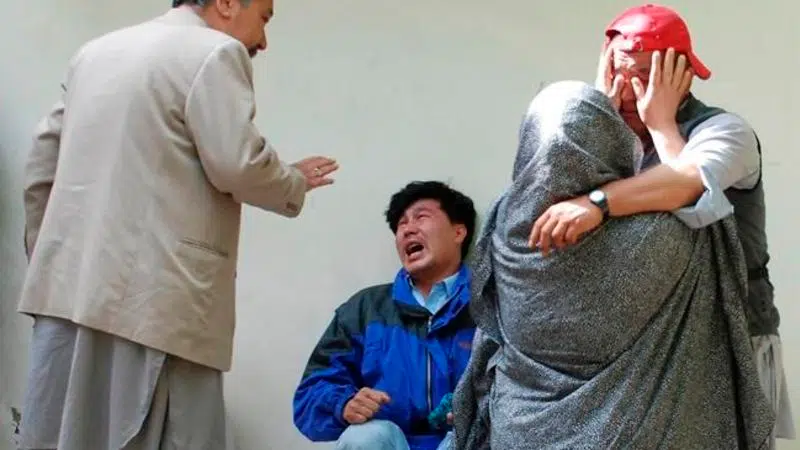
Bombing at open-air market in southwest Pakistan kills 16
QUETTA, Pakistan — A powerful bomb went off at an open-air market in the southwestern Pakistani city of Quetta on Friday, killing at least 16 people and wounding 30, police and hospital officials said.
The bombing struck near a Shiite residential area, according to senior police chief Abdur Razzaq Cheema.
“It seems people from the (Shiite) Hazara community were the target,” he said, adding that some of the victims were listed in critical condition.



